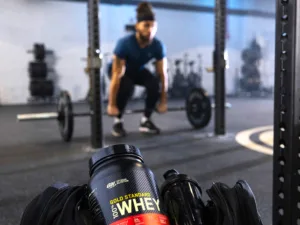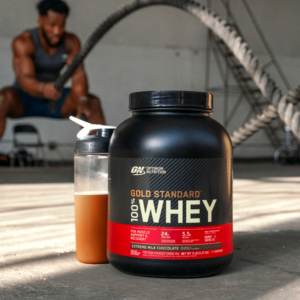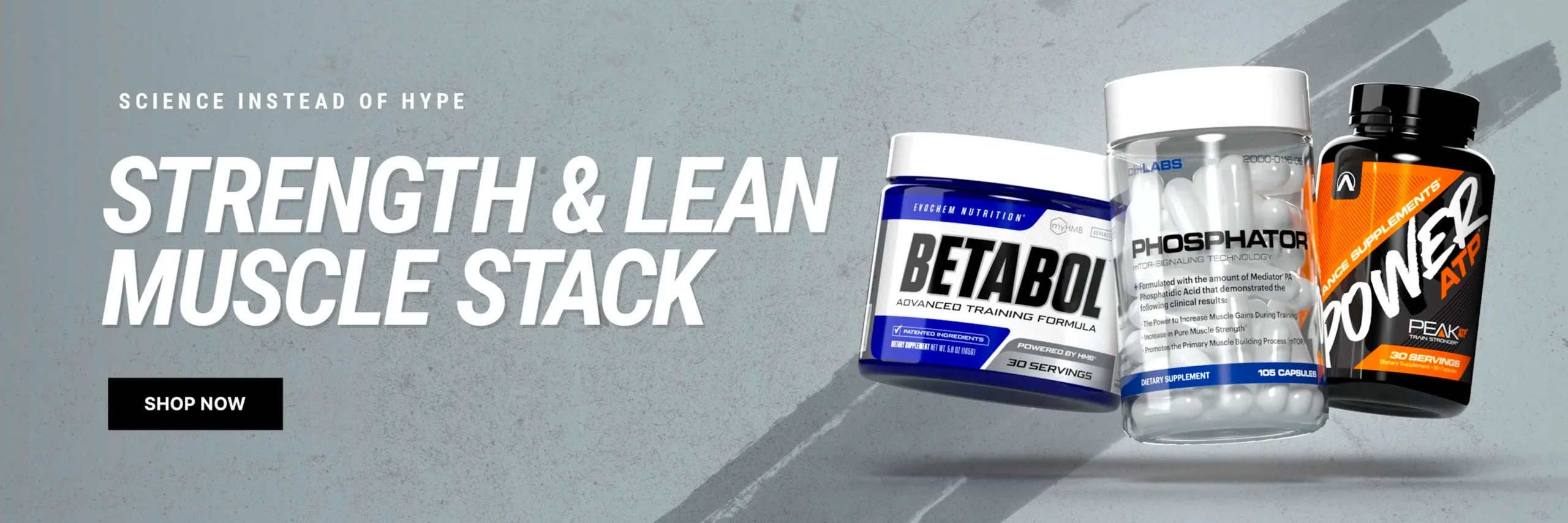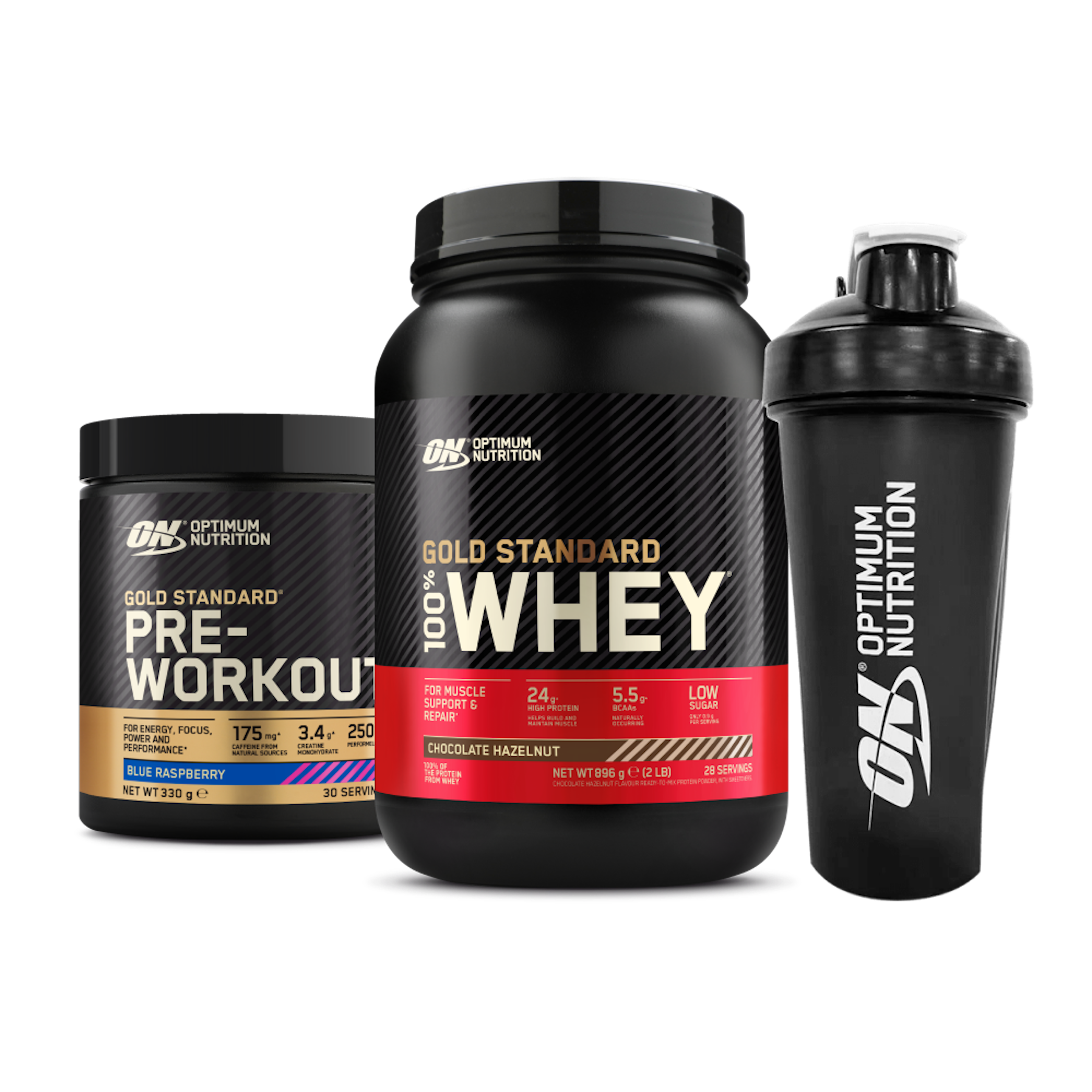Protein is the most essential nutrient you’ll need when it comes to bulking and shredding your physique whatever the reason is. You’ll need protein to build muscle, shred fat, and recover faster after an intense training session.
Gaining adequate amounts of muscle mass is one of the biggest parts of bodybuilding sport. You can be as lean and shredded as you want to be, but if you don’t have any size to back it up then essentially you’ll just look like you don’t lift when you are wearing clothes.
“The goal of bodybuilding is bulking up and gaining a tremendous amount of muscle to make people pause and take notice. In order to get the body you seek, you have to plan things accordingly, and one of the most crucial things is that your diet needs to be in place”.
That being said, protein is one of the most important macronutrients you can consume when it comes to building muscle. You won’t just be relying on training to get all of your gains. You’ll need to be eating right as well. Some even go as far as saying that nutrition is 70% of bodybuilding.
Protein is an essential macronutrient that plays a crucial role in various bodily functions, including tissue growth and repair, muscle maintenance and development, enzyme production, and hormone synthesis. It is also a source of energy and helps maintain a healthy immune system.
Understanding the Role of Protein
Protein is composed of amino acids, the building blocks of our bodies. Amino acids are essential for various bodily processes, including:
-
Tissue growth and repair: Protein is essential for the growth and repair of tissues, including muscles, bones, skin, and hair.
-
Muscle maintenance: Protein helps to maintain muscle mass, which is important for strength, power, and metabolism.
-
Immune function: Protein is needed for the production of immune cells, which help to fight off infections.
-
Hormone production: Protein is involved in the production of hormones, which regulate various bodily functions.
-
Enzyme production: Protein is essential for the production of enzymes, which are responsible for various chemical reactions in the body.
-
Energy production: Protein can be used as an energy source, especially during exercise or when carbohydrate intake is low.
The Recommended Daily Intake (RDI) of Protein
The Recommended Daily Intake (RDI) for protein is 0.8 grams of protein per kilogram of body weight per day. For example, an adult weighing 65 kilograms (143 pounds) would need approximately 52 grams of protein per day. However, this is just a general guideline, and your individual protein needs may vary depending on your age, activity level, fitness goals, and overall health status.
 The Factors Affecting Protein Needs
The Factors Affecting Protein Needs
Here are some factors that can influence your protein needs:
- Age: As we age, our muscle mass naturally declines, and we may need to increase our protein intake to maintain muscle health and prevent sarcopenia.
- Activity level: Active individuals, especially those involved in strength training or endurance sports, have higher protein needs than sedentary individuals.
- Fitness goals: If you are trying to build muscle, you will need to consume more protein than if you are simply trying to maintain your current muscle mass.
- Overall health status: People with certain health conditions, such as kidney disease or burns, may have increased protein needs.
Protein Requirements for Different Groups
The recommended daily intake of protein varies depending on age, sex, activity level, and specific health goals. Here are some general guidelines:
-
Sedentary adults: 0.8 grams of protein per kilogram of body weight per day
-
Active adults: 1.0-1.2 grams of protein per kilogram of body weight per day
-
Athletes: 1.2-2.0 grams of protein per kilogram of body weight per day
-
Pregnant or breastfeeding women: 1.1-1.3 grams of protein per kilogram of body weight per day
-
Older adults: 1.0-1.2 grams of protein per kilogram of body weight per day
Check Out Our List Of The Best Supplements For Building Muscle, Shredding Muscle, Recovery, And Great Health, and Wellness Products! Purchase IFBNewsfeed.Org‘s Apparels Here: IFBNewsfeed.Org
 The Best Protein Sources
The Best Protein Sources
Protein can be found in a variety of foods, including:
- Animal sources: Meat, poultry, fish, eggs, and dairy products are all excellent sources of protein.
- Plant sources: Beans, lentils, nuts, seeds, and soy products are also good sources of protein.
- Whole grains: Some whole grains, such as quinoa and oats, also provide some protein.
How To Meet Your Protein Needs
Here are some tips for meeting your protein needs:
- Include protein sources in every meal: Aim to include a source of protein at each meal and snack throughout the day.
- Choose a variety of protein sources: Don’t rely on just one source of protein. Get your protein from a variety of foods to ensure you are getting all the essential amino acids your body needs.
- Plan your meals: Planning your meals ahead of time can help you make sure you are getting enough protein.
- Use protein supplements: Protein supplements can be a convenient way to increase your protein intake. However, it is important to talk to your doctor before starting any new supplements.
The Benefits of Adequate Protein Intake
Consuming enough protein can provide numerous health benefits, including:
- Muscle growth and maintenance: Protein is essential for building and repairing muscle tissue.
- Weight management: Protein can help you feel full and satisfied, which can lead to reduced calorie intake and weight loss.
- Bone health: Protein plays a role in maintaining bone health.
- Improved athletic performance: Protein can help athletes recover from workouts and improve their performance.
- Stronger immune system: Protein helps support a healthy immune system.
The Risks of Excessive Protein Intake
Consuming too much protein can have some adverse effects, including:
- Kidney strain: A high-protein diet can put extra strain on the kidneys.
- Dehydration: Not drinking enough fluids with a high-protein diet can lead to dehydration.
- Nutrient deficiencies: Focussing too much on protein intake may lead to neglecting other essential nutrients.
- Cardiovascular risks: Studies suggest that a high-protein diet may increase the risk of heart disease in certain individuals.
 Consulting a Registered Dietitian
Consulting a Registered Dietitian
If you are unsure about your protein needs or have any concerns about your diet, it is always best to consult a registered dietitian. They can help you create a personalized meal plan that meets your individual needs and goals.
Wrapping Up
“Protein is an essential nutrient that plays a vital role in overall health and well-being. By understanding your protein needs and making informed choices about your diet, you can reap the numerous benefits of adequate protein intake”. Remember, moderation is key, and consulting a healthcare professional can provide personalized guidance for achieving your dietary goals.
More About Protein Intake Guide Contents
- Muscle-Building Made Delicious: “10 Recommended High-Protein Sources To Keep You Fueled, Stronger, Energetic, And Bulky”
- Understanding The Basics Of “Protein Timing, Muscle Recovery, and Muscle Rebuilding”. How Your Metabolism Works To Recover
- Eating More Protein Helps “With Muscle Building, Weight Maintenance, And Fat Loss”

- Shop Optimum Nutrition Energy: Anytime & Pre-Workout
- $5.95 Ground Shipping On Any Purchase In The US! – Shop Now!
For More News And Daily Updates, Follow IFBNewsfeed.Org on Facebook, Twitter, and Instagram. Comment, Like, And Share With Everyone Who May Need To Be Updated With The Most Recent Fitness/Bodybuilding/Powerlifting And CrossFit News.







